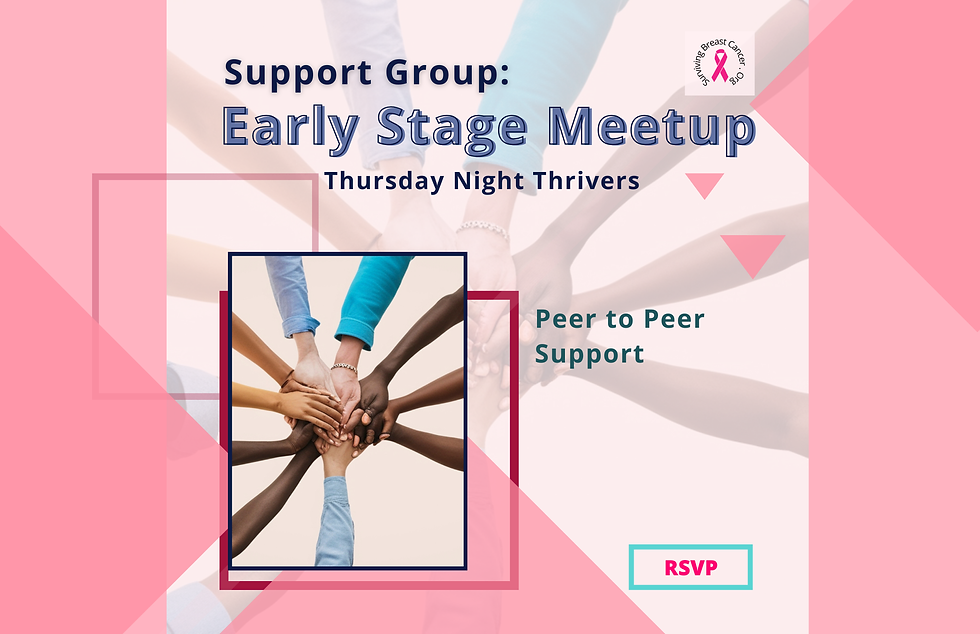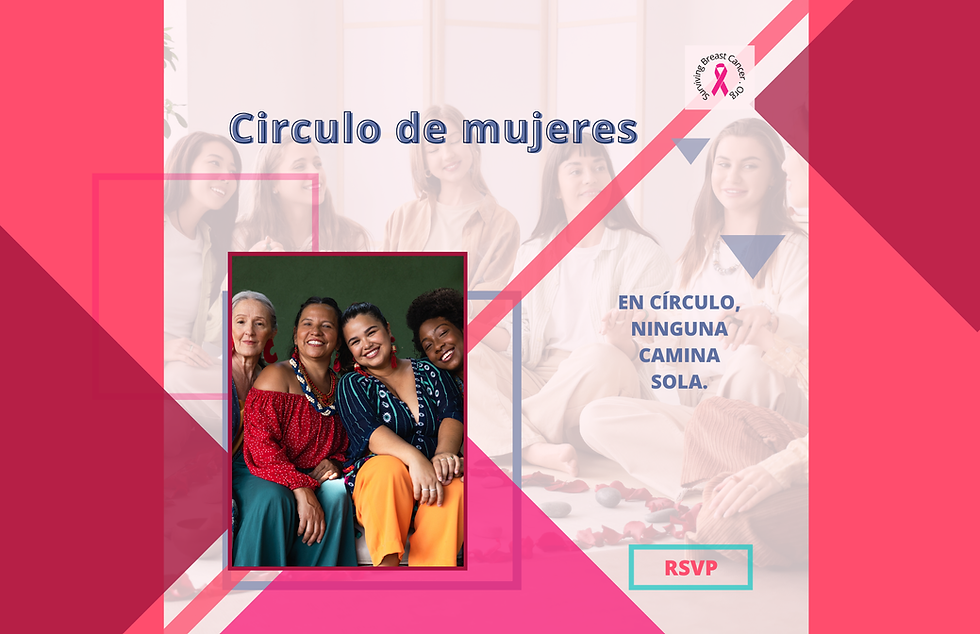Nutrition, Mindset, and Empowerment: Thriving Beyond Cancer
- Laura Carfang, Ed.D.

- Apr 27, 2025
- 3 min read
Updated: Sep 25, 2025

Cancer treatment is often fraught with physical, emotional, and psychological challenges. Amidst the whirlwind of appointments and treatments, one of the most critical yet frequently overlooked aspects of recovery is nutrition. What we consume is pivotal in supporting healing and empowering survivors and thrivers to reclaim their health, redefine their lives, and reject the limiting mindset of a "new normal."
Nutrition Matters for Cancer Recovery
First and foremost, attention to macronutrients—protein, carbohydrates, and healthy fats—is essential during and after cancer treatment. Protein in particular, has emerged as a cornerstone of recovery, helping rebuild tissues, support immune function, and combat the severe fatigue often associated with treatment. Adequate intake of protein isn’t just about dietary preference—it’s about giving the body the essential tools it needs to heal and thrive.
Unfortunately, nutrition is sometimes downplayed during treatment, with patients being told they can "eat whatever they want." Yet, a substantial body of research links diet quality to better health outcomes for those diagnosed with cancer. What and how we eat truly matters.
Equally important are micronutrients like antioxidants and fiber. Berries, for instance, are rich in antioxidants that combat oxidative stress, while fiber is known to play a role in lowering the risk of cancer recurrence. Prioritizing whole, nutrient-dense foods over processed options can significantly enhance the body’s ability to recover and reduce the risk of future disease.
Nutrition is not one-size-fits-all. People diagnosed with cancer are encouraged to develop personalized nutrition plans that take into account their unique needs, preferences, and health goals. Self-reflection on dietary habits—transitioning away from convenience foods and toward intentional, mindful eating—is an important and empowering step on the path to recovery.
Breast Cancer Conversations, the podcast, Eps. 256 Beyond the New Normal: Building Strength After Cancer Through Nutrition and Empowerment with Dr. Amy Morris. Listen Now
Rejecting the "New Normal" Mindset
Beyond the physical aspects of healing, cancer survivors and thrivers often face a profound internal struggle: adjusting to a "new normal." While this phrase is meant to acknowledge the changes that come with cancer survivorship, it can also subtly reinforce a mindset of resignation—accepting fatigue, joint pain, or limitations as inevitable.
However, you do not have to settle for a diminished quality of life. The post-cancer phase can instead be seen as an opportunity for transformation. By rejecting the "new normal" mindset, individuals can choose to pursue vitality, strength, and fulfillment. Progress may come in small, incremental steps, but each one is a powerful testament to resilience.
A key part of this shift involves embracing small victories: choosing nourishing foods, committing to regular physical activity, seeking emotional support, or simply celebrating the return of energy and strength. Every positive choice builds momentum toward a life that is not defined by cancer, but empowered beyond it.
Resources and community support also play a critical role. Educational materials, health coaches, support groups, and nutrition experts offer practical strategies and emotional encouragement. No one has to navigate this new chapter alone—building a personalized health team can make a profound difference.
Community and Empowerment
Navigating a cancer diagnosis can feel isolating, but you can often find strength and motivation through connection with others. Community support fosters accountability, provides inspiration, and reminds individuals that they are not alone in their pursuit of health and healing.
Moreover, genetic counseling can offer valuable insights for people diagnosed with cancer concerned about hereditary risks and future family planning. Discussions with healthcare providers about nutrition, lifestyle, and genetic factors empower survivors and thrivers with knowledge to make informed choices for themselves and their loved ones.
Ultimately, thriving after cancer requires both internal and external resources: self-empowerment, community connection, informed choices, and holistic health strategies.
Conclusion: Thriving, Not Just Surviving
Recovery from cancer is not just about surviving—it's about thriving. Nutrition is a powerful tool for healing, and mindset is an equally vital force for transformation. By prioritizing intentional eating, rejecting the resignation of a "new normal," and embracing small victories, you can chart a new course toward strength, vitality, and joy.
The path forward is not defined by limitations, but by the endless possibilities of a life reclaimed. Through education, community, nutrition, and empowerment, individuals can redefine what it means to live after cancer—building futures filled with hope, resilience, and vibrant health.










